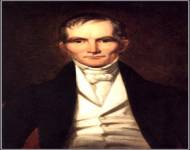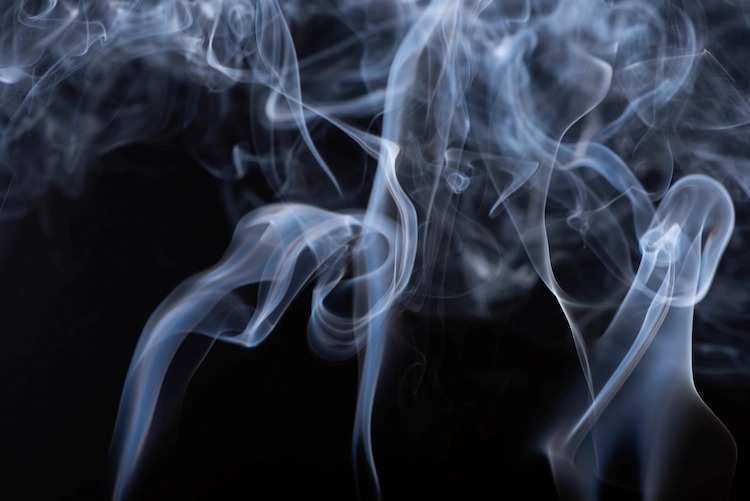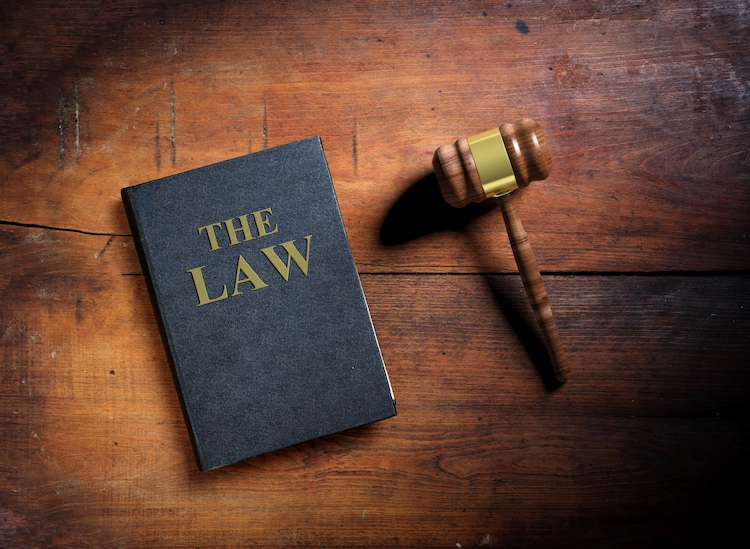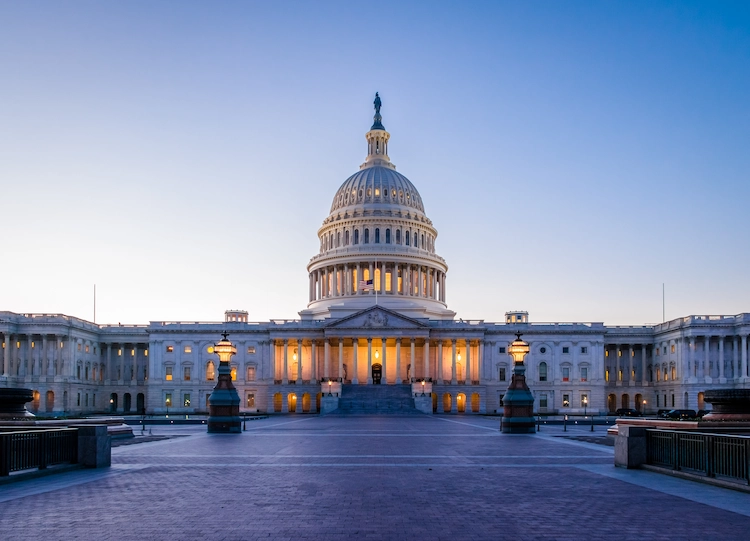Early Life
Philip Pendleton Barbour was born on May 25, 1783 near Gordonsville, Orange County, Virginia. Barbour received a standard primary education before attending the College of William & Mary, where he graduated with a Bachelor’s Degree in 1799. A year later, Barbour was admitted to the bar. He began his practice in Bardstown, Kentucky but moved back to his hometown shortly afterward.
Early Career
Barbour’s career in public office began in 1812 with his election to the Virginia House of Delegates. Two years later in 1814, Barbour was nominated to the ballet of a special election to fill a vacant seat in the U.S. House of Representatives. He won the election as a member of the Democratic-Republican Party and took office in late 1814. Barbour worked as a member of the House from 1814 to 1825, serving as Speaker from 1821 to 1823.
After declining to run for re-election in 1824, Barbour was appointed as a judge of the general court of Virginia. He only served in this position for two years, however, as he returned to his post on the U.S. House of Representatives in 1827, this time as a member of the Jacksonian Party. During his second stretch on the House, Barbour served as Chair of the U.S. House Committee on the Judiciary. In 1829, Barbour became the President of the Virginia Constitutional Convention, replacing James Monroe in his poor health.
Supreme Court
Barbour’s support of President Jackson earned him the appointment as judge of the United States District Court for the Eastern District of Virginia in 1830. During the early 1930’s, Barbour refused consideration for a number of positions, namely U.S. Attorney General, judge of the Court of Appeals, Governor, and Senator.
In 1836, President Jackson nominated Barbour as Justice of the United States Supreme Court to fill the seat vacated by Justice Gabriel Duvall. Barbour was confirmed by the senate and officially began his post on March 15, 1836.
Justice Barbour only wrote a dozen opinions during his brief tenure on the Supreme Court. Most notable of these opinions came in the 1837 City of New York v. Miln case regarding the disclosure of the vessel passenger identities arriving in New York. In his opinion, Justice Barbour maintained his support of expanded states’ rights, arguing that states have the authority to govern in a way that protects the general welfare of its citizens. As such, New York has the right to require incoming vessels to disclose all passenger information, thereby deemphasizing federal authority in the matter.
Death
Justice Barbour unfortunately did not serve long enough on the court to make a true impact. He died suddenly from a heart attack on February 25, 1841 at the age of 57.
Notable Cases:
City of New York v. Miln (1837)









